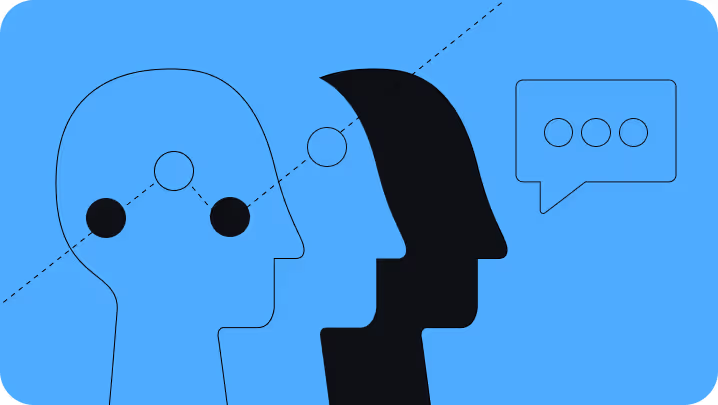

By Jenny Petty
When leaders talk about “future-ready” marketing teams, the conversation often centers on skills. We hear about the need for AI literacy, advanced analytics, design thinking or storytelling chops. While these skills are important, they can often feel like a moving target. Technology evolves, tools come and go, and new “must-have” skills emerge every few years.
What endures isn’t a checklist of skills—it’s the functions a team performs.
Harvard Business Review recently highlighted the rise of the “Super Facilitator”: not someone who just runs meetings well, but someone who can bridge silos, navigate conflict constructively, and move diverse stakeholders toward alignment and action. In higher ed, that function is indispensable. Imagine someone who can bring enrollment, academics, advancement, and student affairs into the same conversation and keep everyone oriented toward shared outcomes. That’s a function every institution needs—even if the person’s specific skill set evolves over time.
So, what functions will define the higher ed marketing team of the future? A few stand out:
The Strategic Integrator
Marketing can’t sit on the sidelines. The integrator ensures marketing is directly aligned with institutional priorities, not just running campaigns but influencing and contributing to organizational strategy.
The Data Translator
It’s not enough to have dashboards. The translator makes data meaningful for leadership, helping the institution decide where to invest more—or less—and showing how marketing impacts the funnel and revenue.
The Experience Designer
From inquiry to graduation, every touchpoint shapes perception. This role designs intentional, human-centered experiences that reduce friction and increase connection. In a world where AI will change the way we work, don’t underestimate the need for real, in-person connection.
The Community Builder
Institutions thrive on trust and networks. This function is about building authentic communities—among students, alumni, faculty, and external partners—and turning those communities into a flywheel for engagement.
The AI Steward
The higher ed marketing team of the future will likely have AI tools infused into their everyday work. Its strength will come from AI Steward: someone focused on emerging technology, making recommendations and holding accountability for ethical use, policy setting and understanding the systems thinking of multiple AI tools.
By framing teams around functions, not just skills, leaders create resilience. Skills can be taught and adapted as new technologies emerge. Functions ensure the team covers the critical work that will still matter five, 10, or 20 years from now.
The real question for higher ed leaders isn’t, “What skills do we need to hire for?” It’s, “Do we have the right functions represented to thrive in the future?”



